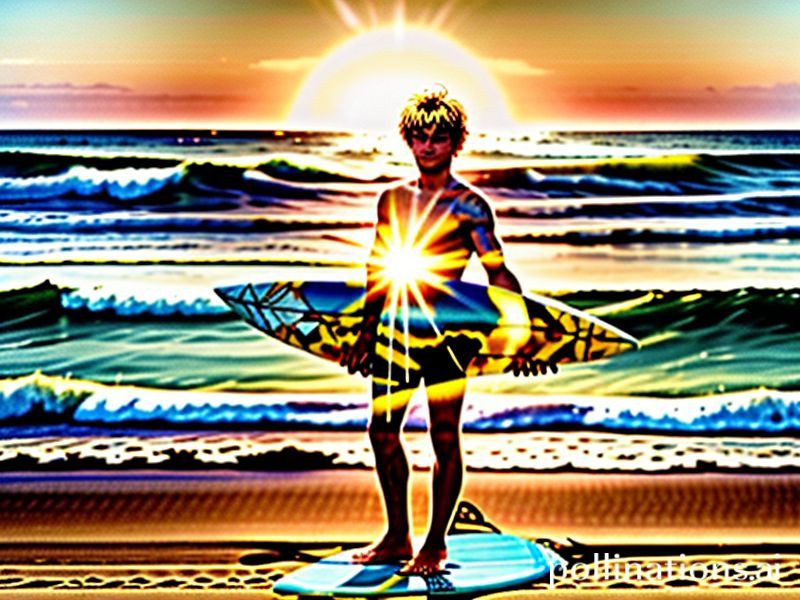Dylan Efron: The Planet’s Reluctant Eco-Influencer and Accidental Soft-Power Export
Dylan Efron: The Accidental Globalist No One Ordered but Everyone Received
By our correspondent in a hotel bar where the Wi-Fi is stronger than the gin
In the grand, indifferent casino of global celebrity, some chips are placed deliberately—your Beyoncés, your Kims, your Messis—while others tumble in by sheer centrifugal force of someone else’s fame. Enter Dylan Efron, younger brother of the human ab-crunch known as Zac, and the latest proof that nepotism is the last renewable resource we haven’t managed to deplete.
If you missed him, don’t worry: so did most of the planet, until Netflix’s “Down to Earth” franchise parachuted him into our queues like an eco-conscious drone strike. Suddenly, from Manila to Montevideo, viewers found themselves watching a grinning, square-jawed American test-drive electric motorbikes in Iceland and politely sip yak butter tea in Nepal—activities that, in an earlier century, would have required a National Geographic subscription and a faint colonial aftertaste. Now they merely require a stable internet connection and the willingness to ignore the algorithmic elephant in the room: we’re all binge-watching carbon-footprint porn while our own recycling bins overflow with DoorDash containers.
The international implications? Subtle, yet sinister. Dylan’s on-screen persona—equal parts frat-boy affability and TED-talk curiosity—has quietly become a soft-power export. In Singapore, sustainability consultants quote his sound bites between PowerPoint slides. In São Paulo, eco-start-ups named “Efron Energia” pop up like mushrooms after a rainstorm, hoping the accidental ambassador’s cheekbones will collateralize their Series A. Even the EU, never one to miss a branding opportunity, floated (then swiftly retracted) a proposal to make him the non-union face of the Green Deal, presumably because Greta Thunberg refuses to pose with a surfboard.
Meanwhile, the darker machinery grinds on. Somewhere in a Manila call center, an over-caffeinated content moderator flags a meme pairing Dylan’s face with the caption “White Savior 2.0—Now with 30% Less Guilt.” The meme is suppressed; the sentiment festers. In Lagos, university students debate whether his presence in Ghana for a beach-cleanup episode constitutes genuine allyship or merely location-scouting for the next Marvel property. The consensus, delivered with the weary wisdom of people colonized by both the British and Netflix, is: why not both?
Economists—those cheerful undertakers of optimism—note that Dylan’s travel-heavy productions inject foreign cash into fragile ecosystems at roughly the same rate they extract exotic backdrops for Western eyeballs. Call it the Efron Paradox: you arrive to praise biodiversity, then accidentally gentrify it. A boutique eco-lodge in Costa Rica now charges $2,000 a night for the privilege of sleeping where Dylan once composted; the local who taught him to graft mangoes still earns $6 a day, but at least he’s got a selfie with a guy who met Obama.
And yet, cynicism ages poorly. When the latest IPCC report dropped—essentially a suicide note written in bureaucratic Esperanto—Dylan posted a three-minute reel explaining carbon offsets to his 1.2 million followers. Within hours, searches for “voluntary carbon market” spiked in twenty-three languages. Granted, half those clicks probably ended in online shopping for hydro-flasks, but in a world where attention is measured in nanoseconds, even a transient synapse firing toward planetary survival feels like a minor miracle.
Which brings us to the ultimate irony: the man who never asked to be anyone’s hero keeps getting cast in the role simply by existing at the intersection of fame, earnestness, and algorithmic hunger. The planet burns, the ratings climb, and somewhere between takes Dylan sips a sustainably sourced smoothie wondering—if only for a second—whether influence is just another word for indentured visibility.
So here’s to Dylan Efron, accidental globalist: the human green-screen against which we project our guilty consciences, the walking reminder that in 2024 even salvation comes with a subscription fee. May his surfboard stay waxed, his carbon offsets stay fictional, and may we all keep pretending that watching someone else save the world counts as doing our part. The oceans rise, but hey—at least the content is in 4K.







